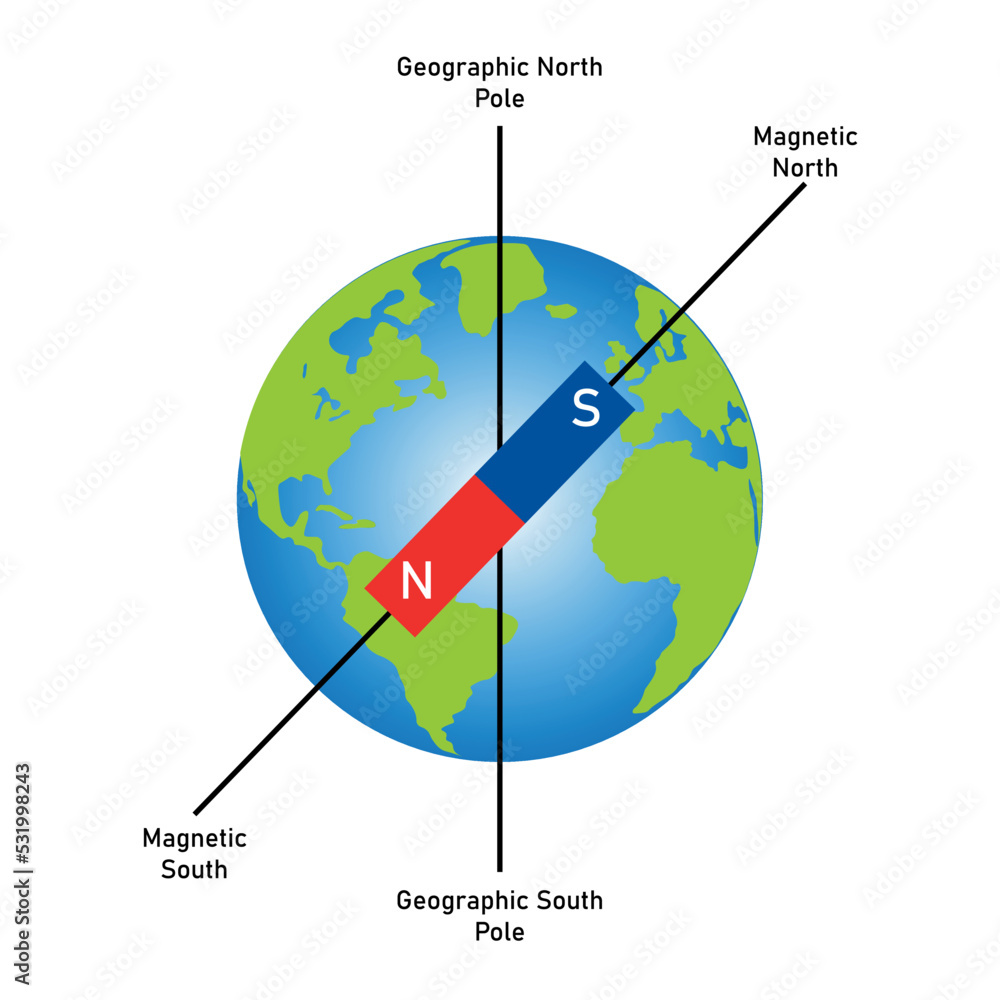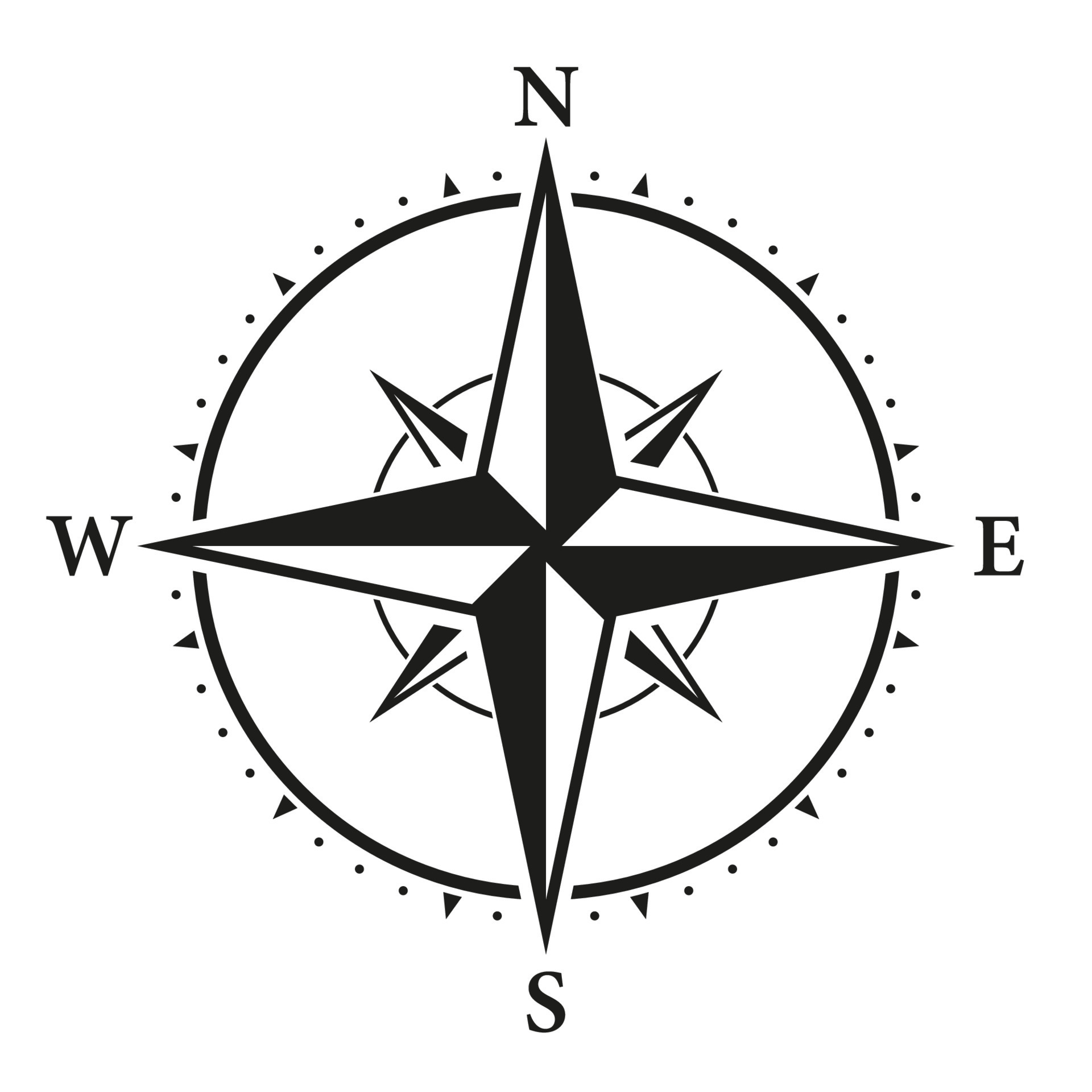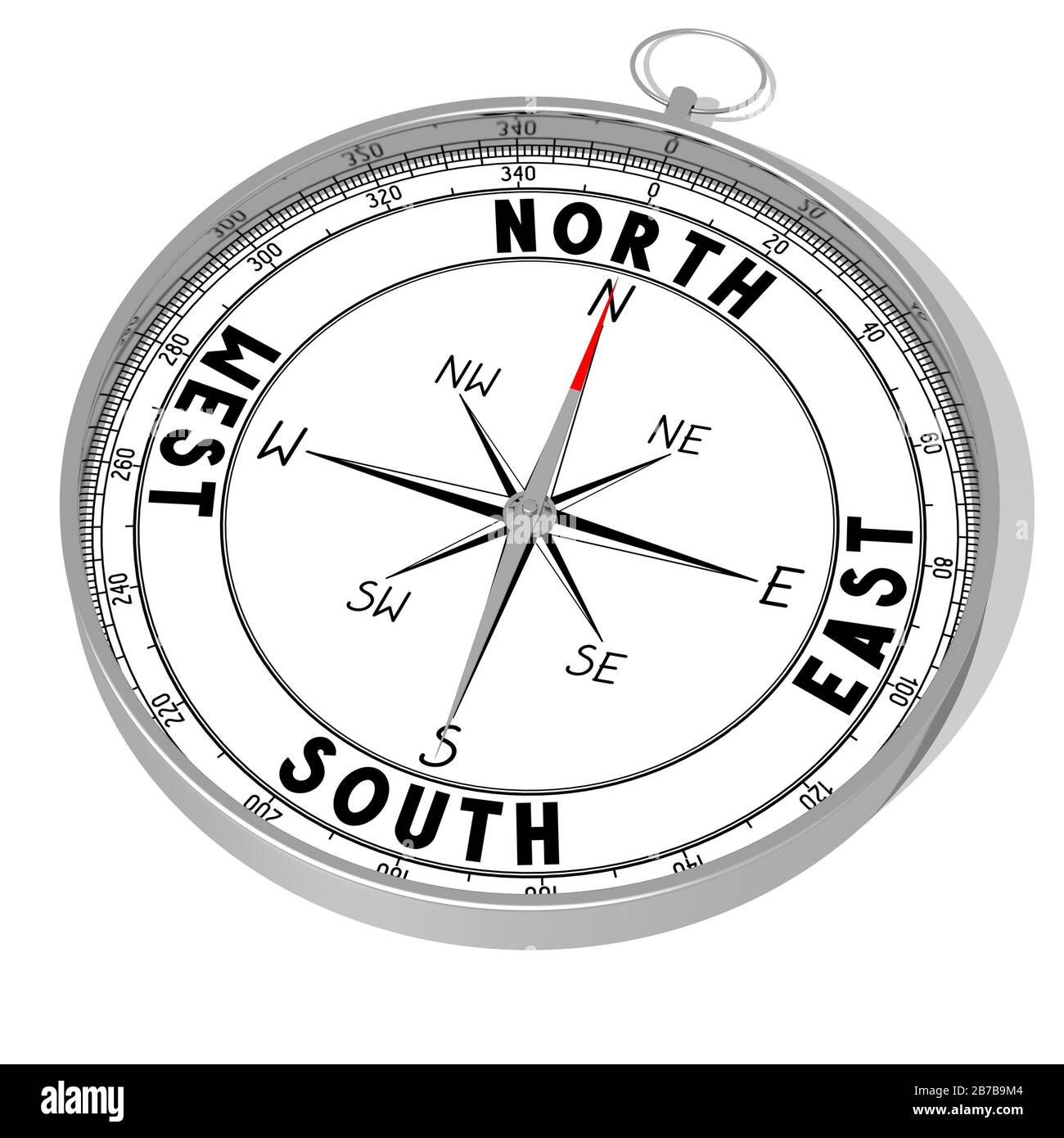Music, you know, it's a language that speaks to everyone, no matter where they live or what their daily life looks like. It truly is a way people express themselves and connect with others, even across borders that might seem closed off. So, it's quite interesting to consider how popular tunes and performances take shape in places like North Korea, a country often seen as somewhat separate from the global flow of culture.
When people think about popular music from the Korean peninsula, their thoughts usually go straight to the lively, highly produced pop music coming from the south. But what about the north? Does it have its own version of this popular sound, something that might be called "north korean kpop" in a way? Well, the truth is, the kind of pop music we know from Seoul doesn't really exist there. Instead, there's a unique style of musical expression, with its own beloved groups and famous songs, that serves a somewhat different purpose and has a rather distinct flavor.
This article will take a closer look at the unique musical landscape of North Korea, focusing on its most well-known musical ensemble, the Moranbong Band. We'll explore how this group came to be, what makes their performances special, and how their presence shapes what could be considered their own version of popular music, even if it's not the "K-pop" you might be thinking of. It's an interesting topic, honestly, to see how music finds its way even in a highly controlled environment.
Table of Contents
- The Moranbong Band - A Unique Sound
- What Makes North Korean Kpop Different?
- Popular Performances and Their Impact
The Moranbong Band - A Unique Sound
When people talk about popular music groups in North Korea, one name consistently comes up: the Moranbong Band. This group holds a very special place in the hearts of many people living in that country, being widely recognized as the most popular and loved musical ensemble there. They are, in a way, the face of North Korea's contemporary popular music scene, offering performances that gather considerable attention and affection from their audiences. It's quite something, really, to see how much they are appreciated.
Their style, while certainly different from the global pop sounds, has a distinct appeal within their own borders. They often present themselves with a polished look and perform with a certain kind of energy that makes them stand out. This group has, in essence, shaped what people in North Korea consider to be a modern and engaging musical act. They have, you know, basically set the standard for what a popular girl group looks like and sounds like in that particular setting.
Who are the Moranbong Band members?
The Moranbong Band is a musical group made up of women who play instruments and sing. While specific individual profiles of the members are not widely available outside of North Korea, the group itself is known for its collective presence and performances. The focus is usually on the group as a whole, rather than on each person within it, which is somewhat different from how many popular music groups are presented in other parts of the world. They are, in some respects, a collective voice rather than a collection of individual stars.
They are often seen wearing various outfits, from military-inspired uniforms to more formal dresses, depending on the type of event or song they are performing. Their stage presence involves synchronized movements and a lively presentation that engages the audience. The members are, apparently, chosen for their musical abilities and their capacity to perform in a way that aligns with the country's cultural expectations. So, it's not just about singing; it's about a whole performance package.
The group's identity is tied to their role as a significant cultural representative. They are, in a way, a symbol of North Korea's artistic expression in the modern era. Their performances are carefully put together, and the members work together to create a unified and polished show. This kind of group dynamic is, you know, very much a part of their appeal and how they are seen by the public.
How did the Moranbong Band get started?
The Moranbong Band came into being in 2012. Its formation was a significant event, as it was established by Kim Jong Un himself. This direct involvement from the country's leader indicates the importance placed on this musical ensemble from its very beginning. It wasn't just a band that formed organically; it was, in fact, a deliberate creation meant to fulfill a particular role in the nation's cultural landscape. This kind of origin story is pretty unique for a popular music group, wouldn't you say?
The group's name, Moranbong, has a connection to a specific place. It comes from Moran Hill, which is a well-known location in Pyongyang, the capital city. This hill is also sometimes referred to as "tree peony peak," and the band is also known as the Moran Hill Orchestra. This naming choice ties the group to a place of natural beauty and cultural significance within North Korea, giving them a sense of belonging and national pride. It's, like, a very meaningful name for them.
The establishment of the Moranbong Band signaled a new approach to popular music in North Korea. Before their appearance, idol groups, the kind of popular singing and dancing ensembles we might recognize from other places, had not typically been the preferred choice for cultural exchanges or for representing the country's modern artistic endeavors. The formation of this group, then, marked a shift, bringing a more contemporary-looking and sounding musical act to the forefront. It was, in a way, a fresh take on what popular entertainment could be for them.
Their creation was, you know, a deliberate effort to present a new face for North Korean popular culture, one that could engage with a broader audience while still upholding the country's particular values and messages. This origin story truly sets them apart from typical pop groups found elsewhere, making their journey and purpose quite distinct. They were, basically, a planned development in the cultural sphere.
What Makes North Korean Kpop Different?
When we talk about "north korean kpop," it's important to understand that it's not the same as the K-pop that comes from South Korea. The two musical styles, while sharing a geographical origin on the Korean peninsula, are actually quite different in their sound, purpose, and how they are created and shared. The very idea of popular music in North Korea operates under a set of rules and expectations that shape its entire existence. It's, honestly, a completely different ballgame.
The music from the north tends to carry messages that align with the country's political and social goals. It often celebrates national achievements, promotes collective spirit, and supports the leadership. This is a key difference from the more diverse themes found in South Korean pop, which often focuses on personal relationships, self-expression, and global trends. So, in a way, the music serves a different master, you know?
The way these groups are managed and presented is also distinct. While South Korean K-pop groups often come from private entertainment companies focused on commercial success and global appeal, groups in North Korea are formed and overseen by the state. This means their performances, their songs, and their public image are all carefully guided to fit within the country's specific framework. It's a system that, frankly, ensures the music serves a particular purpose.
The Sound and Style of North Korean Kpop
The sound of what could be considered "north korean kpop" has its own unique characteristics. While it might incorporate some modern musical elements, it often blends them with traditional Korean sounds and instruments. The arrangements can be quite grand, often featuring a full orchestra alongside electric guitars, synthesizers, and drums. This creates a sound that is, in some respects, both contemporary and deeply rooted in their own musical heritage.
The vocals are typically clear and strong, often featuring harmonies that create a powerful and unified sound. The songs themselves are usually structured to be catchy and memorable, with clear melodies that people can easily sing along to. The lyrics, as mentioned, tend to be uplifting and patriotic, focusing on themes of national unity, pride, and progress. It's a style that, you know, aims to inspire and unite the listeners.
Performances are usually quite theatrical, with elaborate stage setups, colorful lighting, and precise choreography. The performers often move with a certain grace and precision, and their expressions are usually quite earnest and sincere. This visual presentation is just as important as the music itself, contributing to the overall impact of the "north korean kpop" experience. They are, in a way, putting on a full show every time.
Regulation and the North Korean Kpop Scene
A significant aspect of the North Korean popular music scene, including what we might call "north korean kpop," is the heavy regulation it experiences. The ruling regime keeps a very close watch on all forms of artistic expression, and music is no exception. This means that everything from the themes of the songs to the costumes worn by the performers is carefully approved and guided by state authorities. There's, like, a strict set of rules they have to follow.
This oversight ensures that the music serves the country's political and ideological goals. Songs are often composed to promote specific messages, celebrate national holidays, or honor the country's leaders. There's little room for personal expression or themes that might be considered controversial or outside the approved narrative. It's a system that, frankly, leaves very little to chance when it comes to cultural output.
The content produced is intended for domestic consumption and to reinforce the prevailing ideology. This contrasts sharply with the global aspirations of South Korean pop, which aims to reach audiences worldwide and often experiments with various styles and themes. In North Korea, the purpose of popular music is, in a way, more about internal cohesion and guidance than about external appeal or commercial success. It's a very different model, you know, for how music functions in society.
The artists themselves operate within these defined boundaries, and their careers are shaped by the state's directives. Their performances are not just entertainment; they are also, in some respects, cultural statements. This level of control is a defining characteristic of the "north korean kpop" scene, setting it apart from almost any other popular music industry in the world. It's, basically, a tightly controlled environment for creativity.
Popular Performances and Their Impact
The Moranbong Band, as the leading popular music group in North Korea, has delivered many memorable performances that have resonated with audiences across the country. These events are often broadcast on state television and are significant cultural moments for the population. Their appearances are, you know, pretty much anticipated and watched by many people, making them a central part of the national entertainment landscape.
Their stage shows are known for being lively and visually engaging, often incorporating large screens, intricate lighting, and a full orchestral accompaniment. The band members themselves are often seen playing their instruments with skill and enthusiasm, while also performing synchronized dance moves. This combination of musical talent and visual spectacle creates a powerful and entertaining experience for those watching. It's, honestly, quite a production.
These performances are more than just entertainment; they also serve to reinforce a sense of national unity and pride. The songs often contain messages of loyalty and collective effort, and the group's polished presentation reflects a sense of order and capability. The impact of these shows extends beyond mere enjoyment, contributing to the broader cultural narrative of the country. They are, in a way, a significant part of the national identity.
"Perfect Man" and Other North Korean Kpop Hits
Among the Moranbong Band's various performances, their rendition of the song "Perfect Man" stands out as a particularly well-known and loved piece. This performance, like many of their others, was characterized by their usual lively dance moves and a vibrant stage presence. It captured the attention of many and became one of their recognized hits, showcasing their ability to deliver popular and engaging musical numbers. It's, like, a very popular song for them.
The success of "Perfect Man" and other similar songs demonstrates the band's capacity to create music that connects with the North Korean public. These songs often become widely recognized and are played at various public events and on state media. They are, in some respects, the anthems of their particular popular music style, offering melodies and lyrics that resonate deeply with listeners. This ability to produce hits is, basically, what makes them so popular.
While the specific titles of all their popular songs might not be widely known outside of North Korea, their general style and the impact of their performances are quite clear. They consistently deliver music that is both entertaining and aligned with the country's cultural expectations. This makes them a consistent source of popular tunes, shaping what people consider to be the defining sound of "north korean kpop." They are, pretty much, the main act.
Their repertoire likely includes a mix of original compositions and perhaps new interpretations of older, well-loved tunes. The focus is always on creating music that is accessible and inspiring, designed to be enjoyed by a broad audience. This commitment to engaging performances and catchy songs is a key reason for their enduring popularity within the country. They really know how to put on a show, you know?
Is there any Kpop group in North Korea?
This is a question that often comes up, and it's important to be clear about the answer: North Korea does not have K-pop in the way that term is commonly understood. The musical style, industry structure, and cultural context of South Korean K-pop are fundamentally different from what exists in the North. So, while there are popular music groups in North Korea, they are not "K-pop groups" as we typically define them. It's, honestly, a very distinct situation.
The Moranbong Band, for instance, is a popular North Korean girl group, but it operates under a different set of principles and for different purposes than a K-pop group like those from Seoul. K-pop is a global phenomenon driven by commercial interests, fan culture, and a constant push for innovation in sound and visuals. North Korean popular music, on the other hand, is primarily state-controlled and serves a more nationalistic and ideological function. They are, in a way, two very different things that just happen to share a peninsula.
The popular music groups in North Korea, including the Moranbong Band, exist within a system where artistic expression is carefully guided to support the country's political and social aims. This means there isn't the same kind of diverse, commercially driven, and globally oriented music scene that defines K-pop. Instead, there's a unique form of popular music that reflects the specific cultural and political environment of North Korea. It's, basically, their own version of popular music, tailored to their own needs.
So, while you might hear lively music and see synchronized performances from groups like the Moranbong Band, it's not accurate to label them as "K-pop." They represent North Korea's distinct approach to popular music, one that is shaped by its own history, values, and governing structures. It's a separate category entirely, you know, with its own set of rules and purposes. This distinction is, frankly, very important to keep in mind when talking about music from the two Koreas.
In short, while North Korea has its own beloved popular music groups and a vibrant entertainment scene, it does not participate in or produce what is globally recognized as K-pop. The musical landscape there is unique, shaped by different influences and serving different objectives. It's a fascinating area to explore, but it requires an appreciation for its distinct characteristics rather than trying to fit it into a pre-existing category like K-pop. It's, you know, its own thing entirely.
Related Resources:



Detail Author:
- Name : Marisol Hill
- Username : rbins
- Email : itrantow@gmail.com
- Birthdate : 1992-01-14
- Address : 60419 Bernier Groves Pollichport, GA 66742
- Phone : (702) 947-3309
- Company : Heaney Group
- Job : Recreational Vehicle Service Technician
- Bio : Earum eveniet voluptatem sed hic nobis velit quas. Suscipit quis illum corporis enim est quaerat praesentium odit. Eligendi aut sit totam qui et quas. At aut dolores laudantium.
Socials
instagram:
- url : https://instagram.com/kayleighparisian
- username : kayleighparisian
- bio : Perspiciatis vero et fugit sint magnam sapiente inventore. Inventore et odio et commodi dolores.
- followers : 6305
- following : 2022
twitter:
- url : https://twitter.com/kparisian
- username : kparisian
- bio : Excepturi rerum tenetur dolor temporibus excepturi. Vero aliquid expedita itaque. Voluptates quidem non praesentium quis illum tempore. Est sit qui at quas.
- followers : 223
- following : 1768
facebook:
- url : https://facebook.com/kparisian
- username : kparisian
- bio : Et consequuntur ipsum est et.
- followers : 5073
- following : 2160
linkedin:
- url : https://linkedin.com/in/kayleigh5729
- username : kayleigh5729
- bio : Tenetur deserunt dolor at cumque a qui.
- followers : 3920
- following : 1722
tiktok:
- url : https://tiktok.com/@parisiank
- username : parisiank
- bio : Ut quo rerum velit aut veritatis nulla laborum consequuntur.
- followers : 4607
- following : 2595
